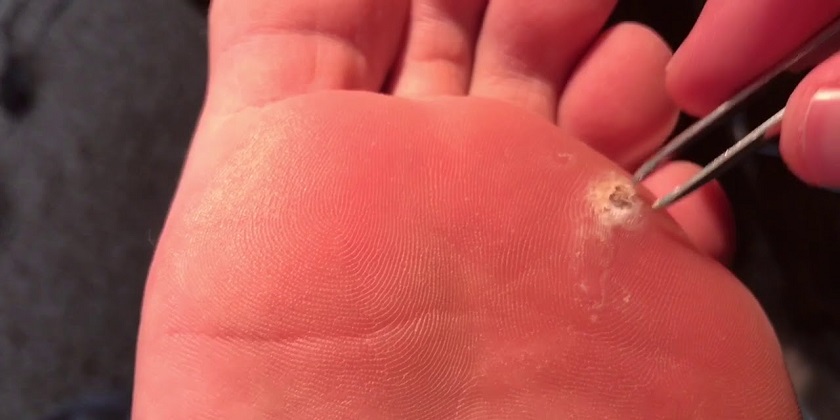


Warts are small growths on the skin that normally don’t cause pain. Some warts itch and may hurt, especially if they’re on your feet. There are five kinds of warts:
Warts are a type of infection caused by viruses in the human papillomavirus (HPV) family. There are more than 100 types of HPV. Warts can grow on all parts of your body. They can grow on your skin, on the inside of your mouth, on your genitals, and on your rectal area. Common types of HPV tend to cause warts on the skin (such as the hands and fingers). Other HPV types tend to cause warts on the genitals and rectal area. Some people are more naturally resistant to the HPV viruses and don’t seem to get warts as easily as other people.
Most of the time, your doctor will be able to identify a wart just by looking. In some cases, he or she may also scrape the wart to look for tiny dots. These are the tell-tale signs of clotted blood vessels and are common in some warts. Your doctor may be uncertain if your skin growth is a wart. If so, he or she may remove part of the wart to send to a laboratory for identification.
Some warts can be prevented, others cannot be prevented. Your warts may be naturally occurring, depending on what’s causing them. But warts also may be passed from person to person. Warts on the skin may be passed to another person when that person touches the warts. It is also possible to get warts from using towels or other objects that were used by a person who has warts.
Warts on the genitals are very contagious and can be passed to another person during oral, vaginal, or anal sex. It is important not to have unprotected sex if you or your partner has warts on the genital area. In women, warts can grow on the cervix (inside the vagina), and a woman may not even know she has them. She may pass the infection to her sexual partner without knowing it.